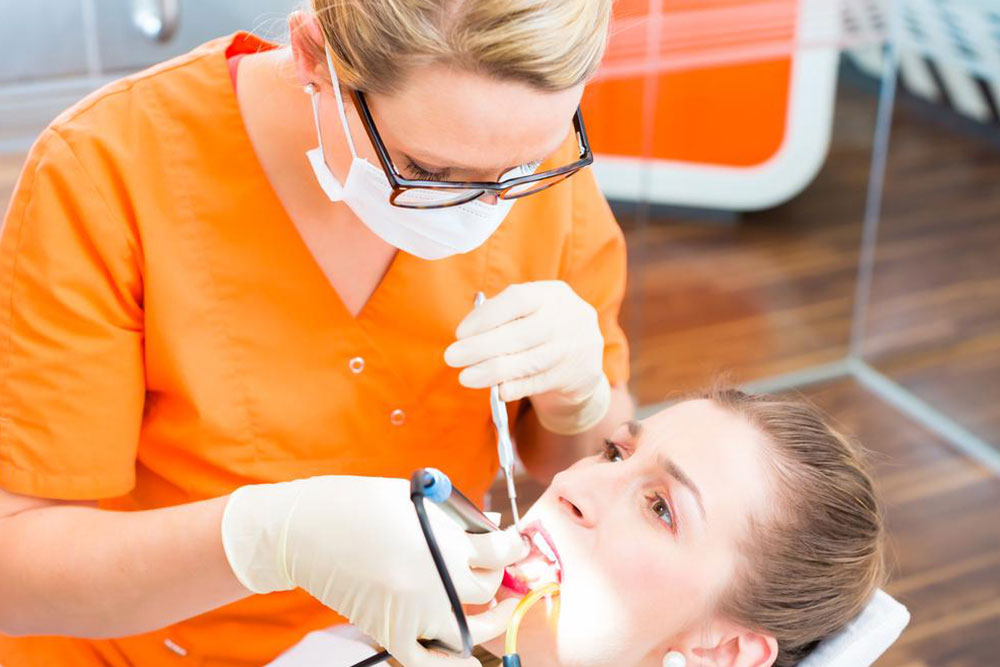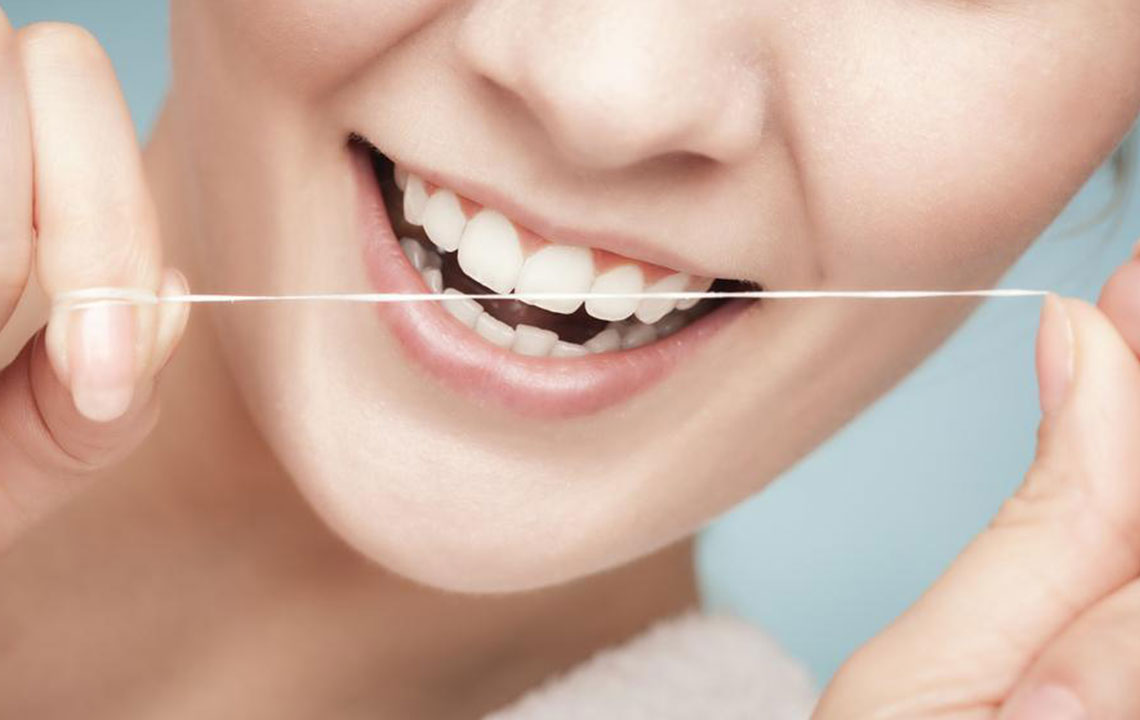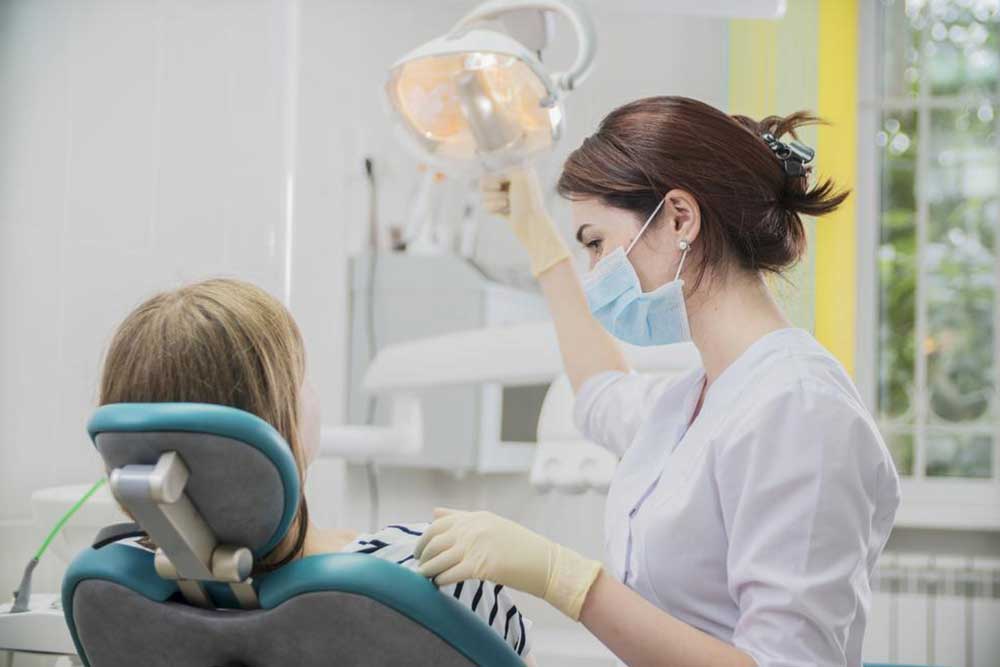Top Tips for Keeping Your Teeth Clean and Preventing Plaque Bockets
Maintain a healthy, dazzling smile with effective dental strategies. Regular brushing, flossing, mouthwash, eating teeth-friendly foods, and routine dental visits are essential to prevent plaque buildup and ensure oral health. Proper habits not only protect teeth from decay and tartar but also promote overall wellness and confidence.

A bright, attractive smile leaves a great first impression. Keeping teeth white and healthy is vital for confidence. The mouth hosts nearly 600 bacterial species that settle on teeth, contributing to stains and plaque if not properly cleaned. Brushing within 24 to 48 hours prevents bacteria from forming hardened deposits. Without intervention, plaque acids can erode enamel and develop into tartar, which must be professionally removed. Regular oral hygiene practices and simple routines are key to a radiant smile and healthy teeth.
Over time, plaque produces acids damaging tooth enamel, and if not cleaned, it hardens into tartar, only removable by dental experts. While saliva neutralizes acids, persistent tartar may lead to gingivitis and gum disease. Maintaining a plaque-free mouth is achievable through consistent cleaning and mindful habits. Regular oral care ensures a bright, healthy smile and optimal dental well-being.
Let's review effective ways to keep your mouth clean and free from plaque buildup.
Consistent Brushing
Brush twice daily with fluoride toothpaste and a soft-bristled brush. Spend at least two minutes each session, using gentle circular strokes with moderate pressure. Proper brushing technique matters more than the type of brush. Rinse and replace your brush every three to four months. Proper brushing effectively removes plaque and supports oral health.
Floss Daily
Daily flossing removes plaque from between teeth, where brushing alone can't reach. Use about 18 inches of floss, wrapping it around your fingers and gently sliding it between teeth, including behind molars. Proper flossing takes 3-5 minutes. For convenience, try super-floss or interdental brushes. Water picks are less effective for tight spaces.
Use Mouthwash
Antimicrobial mouthwashes, used after brushing and flossing, can further reduce plaque. Many contain fluoride, chlorhexidine, or natural oils like tea tree and peppermint. Consult your dentist for prescription options. Choose alcohol-free, natural rinses for children to prevent irritation and maintain freshness.
Eat Beneficial Vegetables
Avoid sugary snacks and sodas that promote plaque. Incorporate crunchy vegetables like carrots and celery to naturally clean teeth and stimulate saliva. Dairy products like cheese help balance mouth pH, boost saliva, and prevent cavities, supporting overall oral health.
Regular Dental Visits
Schedule routine dental checkups for professional cleaning and early issue detection. Dentists can apply sealants, advise on proper care, and help prevent plaque buildup. Keeping up with dental visits complements your daily routine for a healthy, plaque-free smile.


